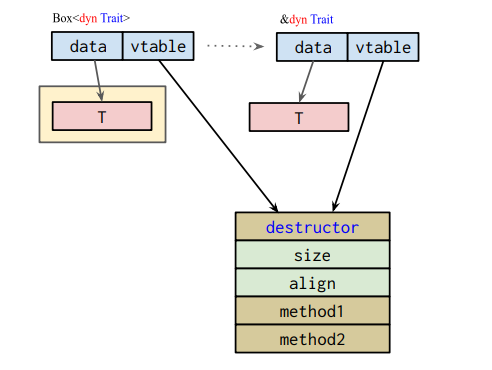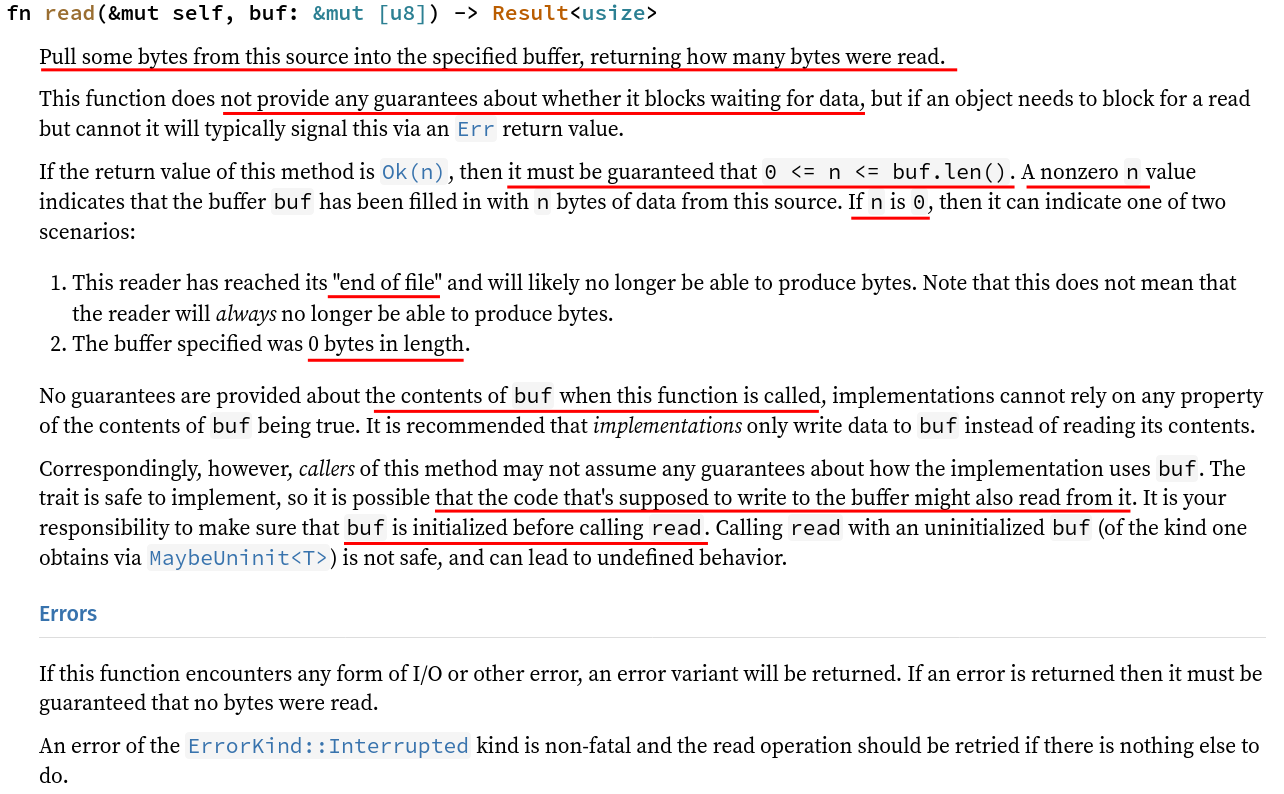Trait vtable (ref. Cheatsheet)
00:0000│ rsi 0x555555587fb0 —▸ core::ptr::real_drop_in_place::hab7cd61d073ba88d
01:0008│ 0x555555587fb8 ◂— 0x8
02:0010│ 0x555555587fc0 ◂— 0x4
03:0018│ 0x555555587fc8 —▸ _$LT$test2..Point$LT$T1$C$T2$GT$$u20$as$u20$test2..Summary$GT$::summary::h9d4aca369fc4e289)

